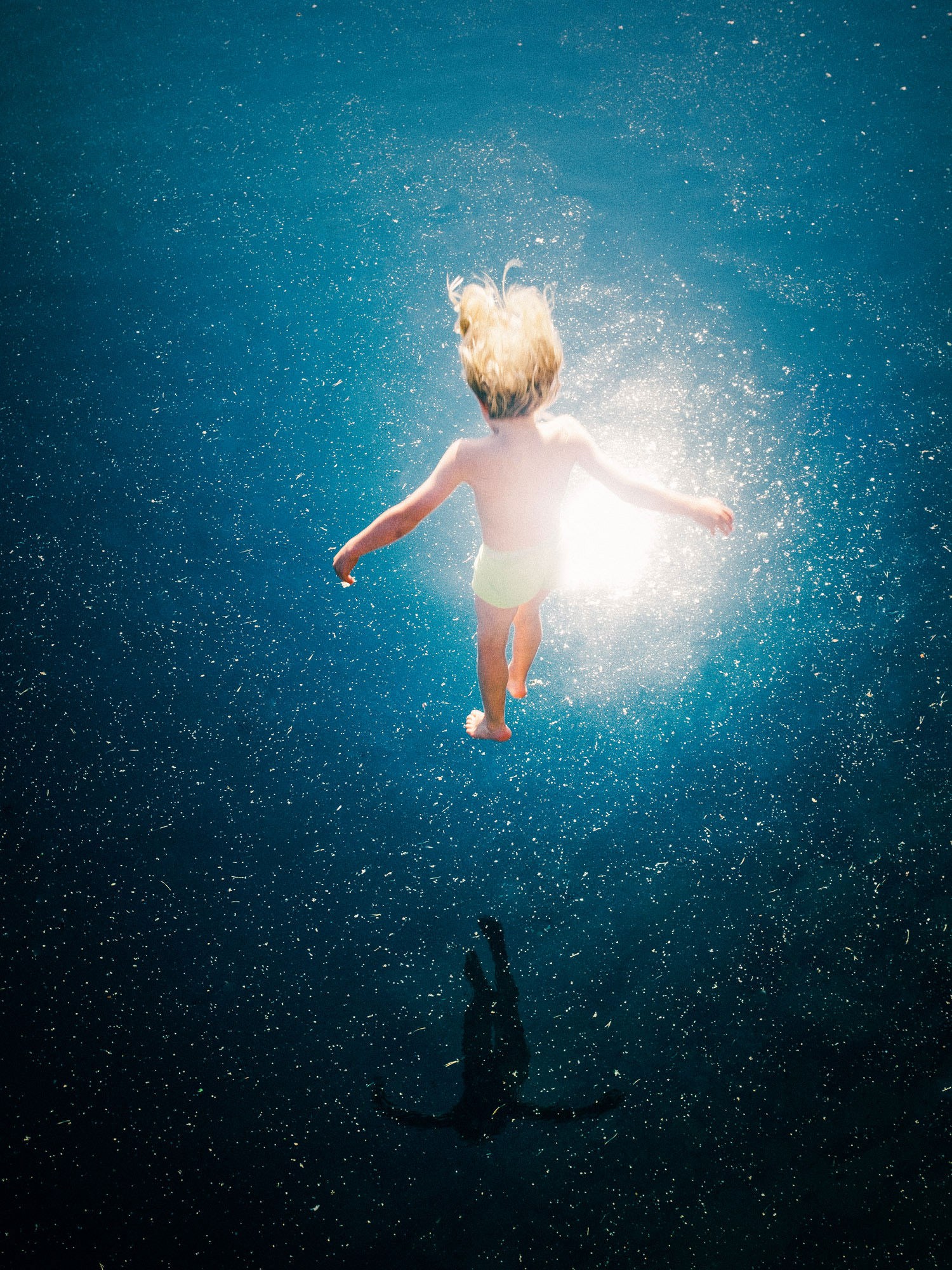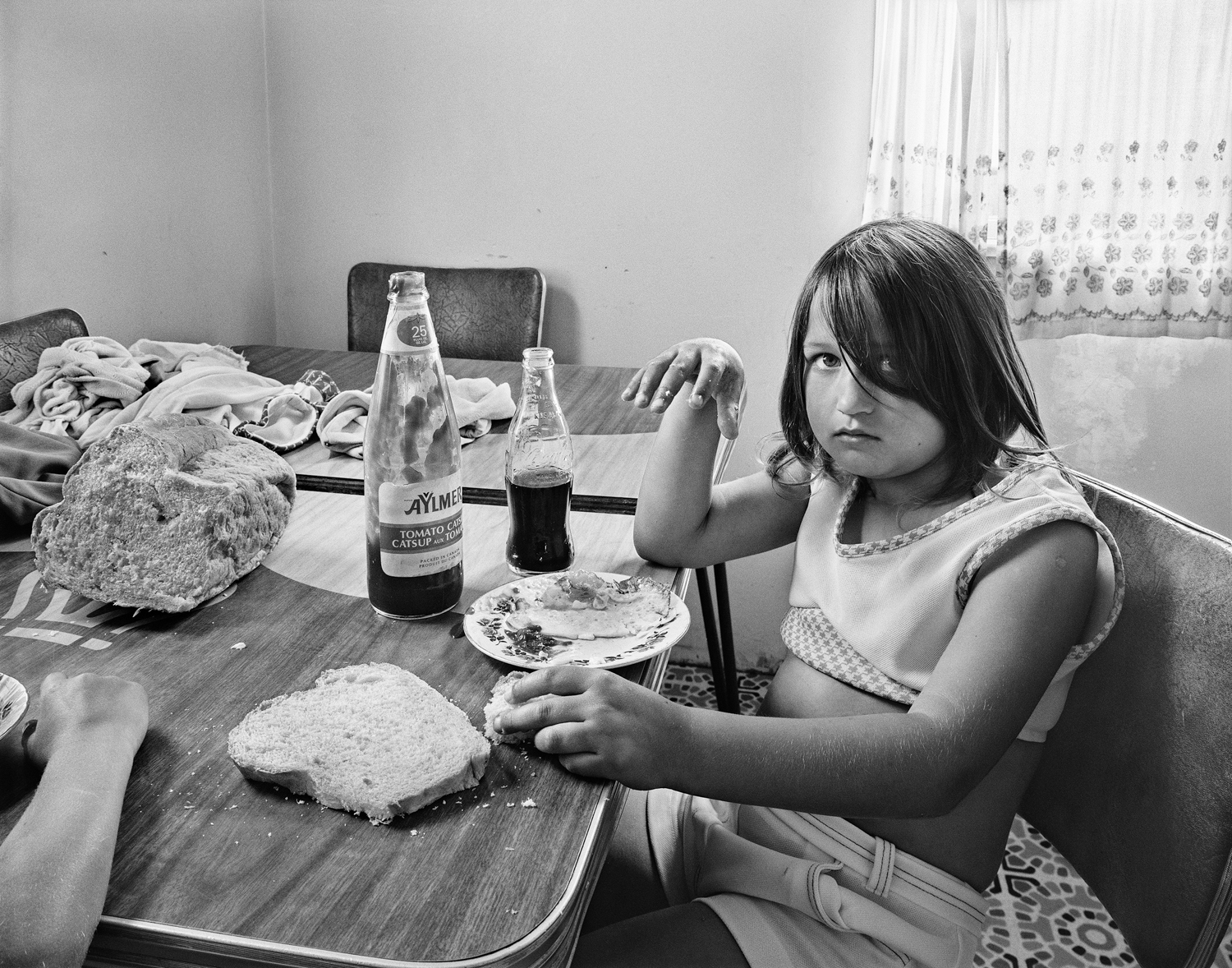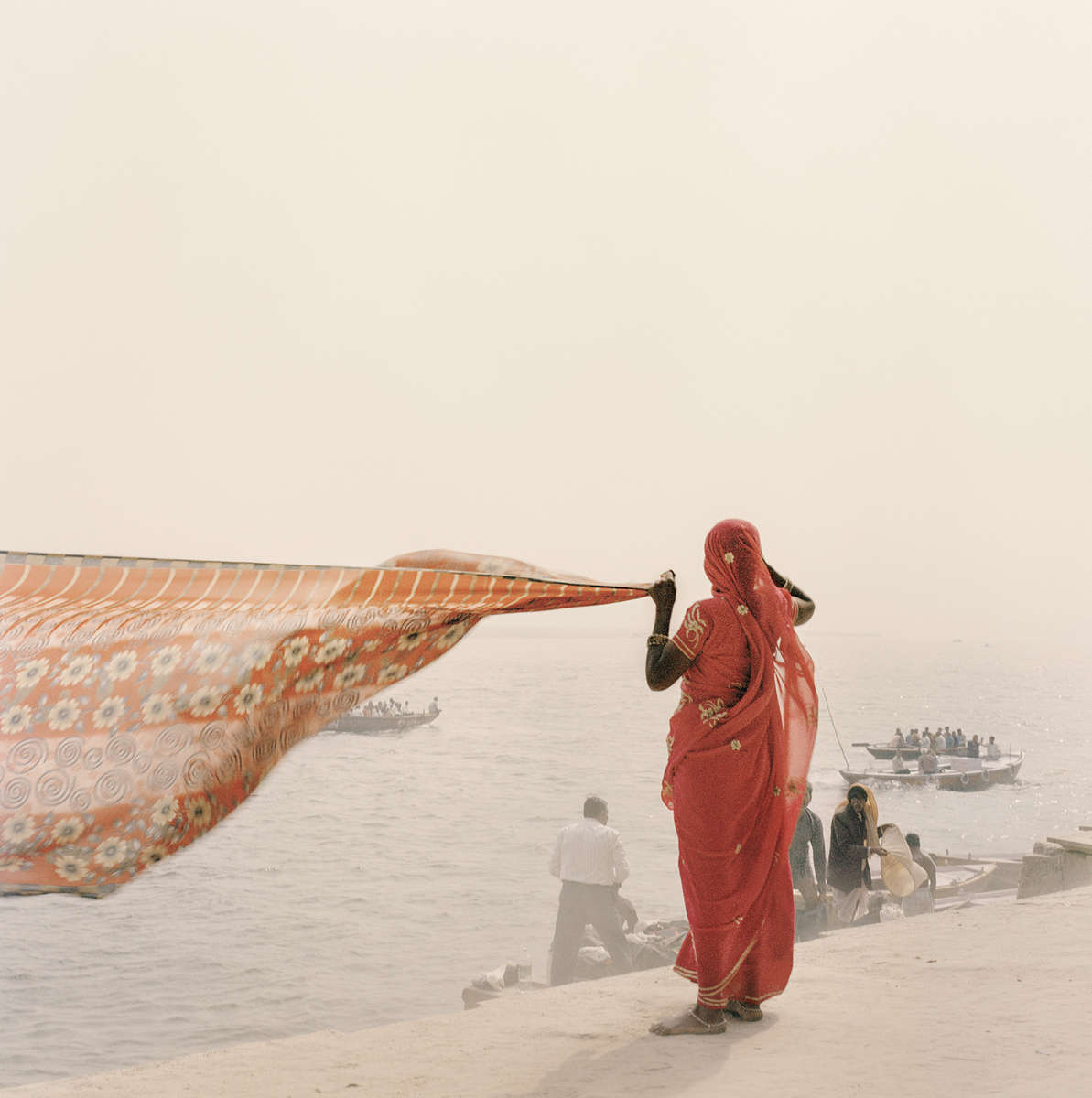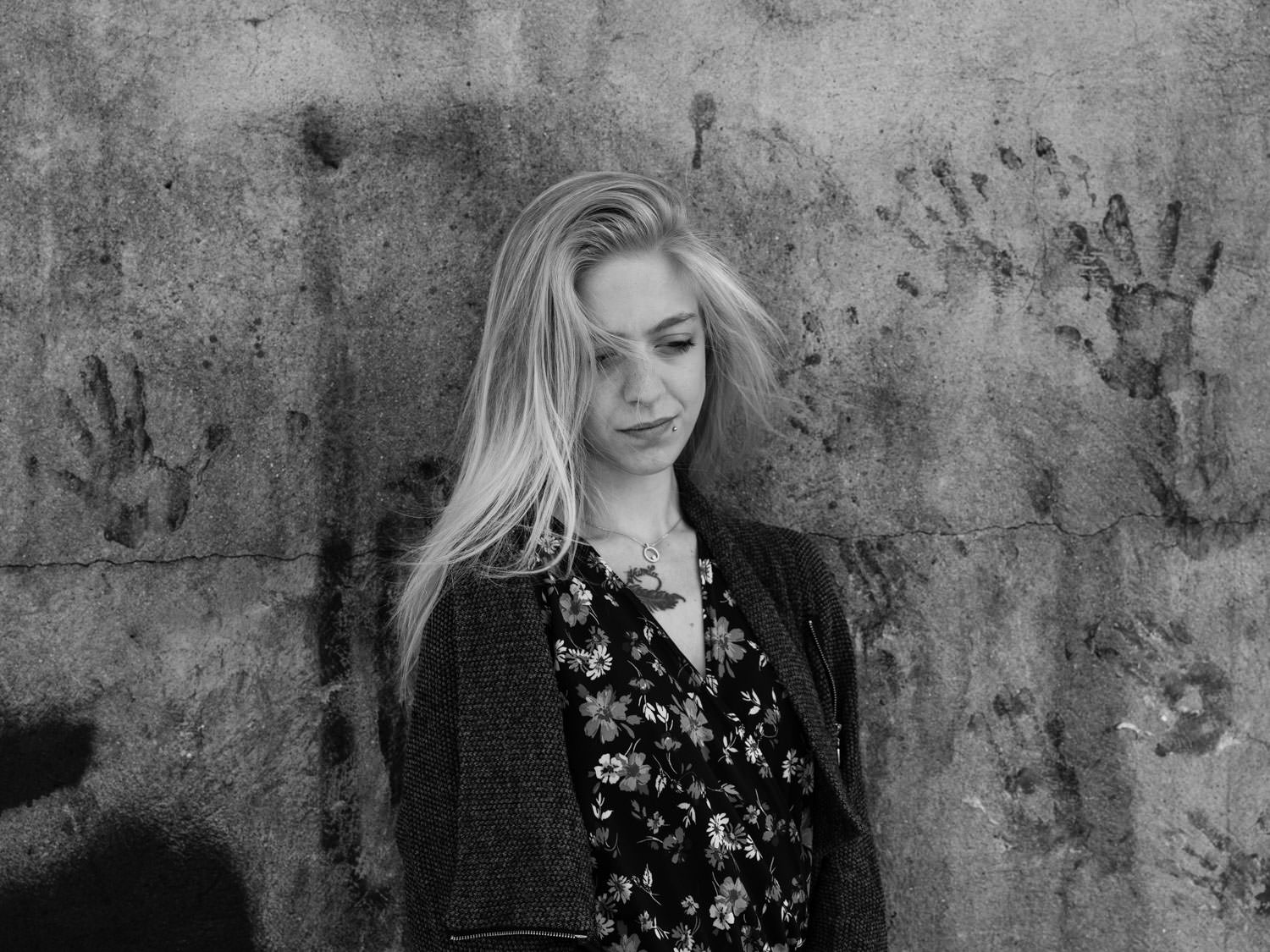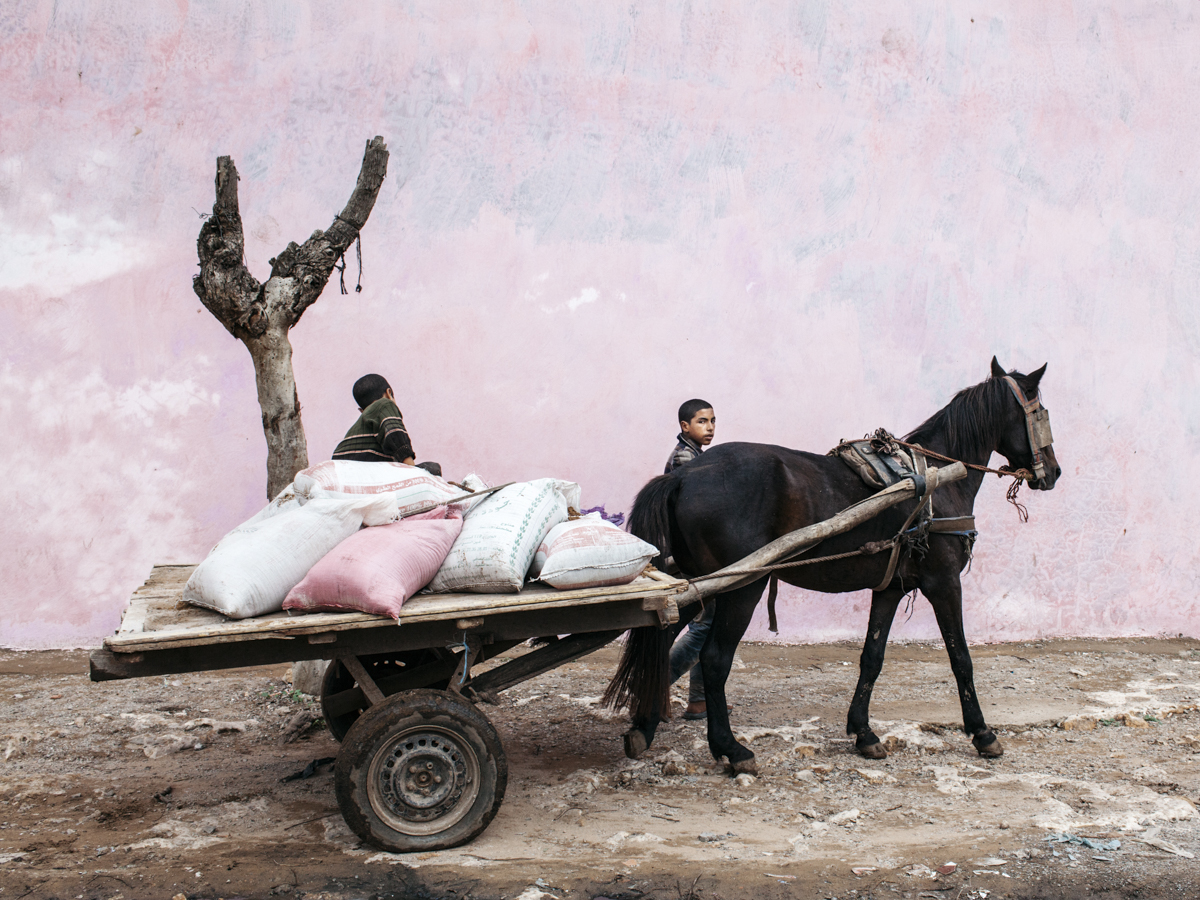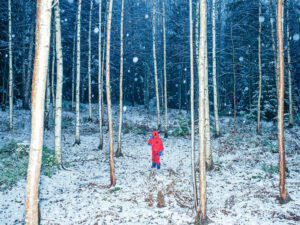
Can you tell us about your series ‘Heartbeats’? When did it start?
Heartbeats is a photographic, creative response to the experience of watching my two children grow up. I’m documenting the everyday, the ordinary. Each photograph dense with concentrated personal significance, the series as a whole unfolds as a collection of memories. Heartbeats is an expression of love where words fail. I’ve described that these photographs are like poems, which I didn’t know how to write. Poems of boyhood, longing, innocence, vulnerability, mortality.
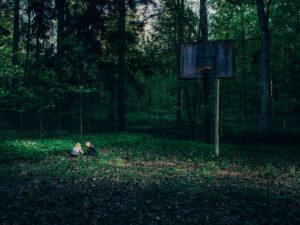
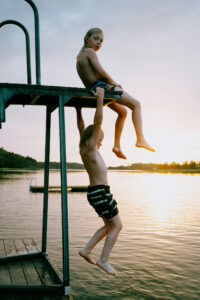
The work seeks to address questions that are fundamental to human experience, the answers to which we might have lost touch with as we’ve become older – “What does childhood mean, how does it feel?” – I started taking pictures of my children, the day they were born. As any parent does, I guess. But I didn’t have any artistic intentions in the beginning. I started to work more seriously to turn it into a series, maybe about 6 years ago.
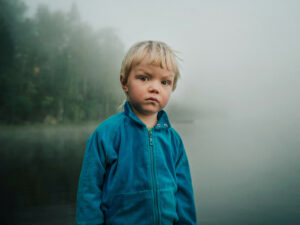
« I don’t separate the photographer in me from the everyday me. I think about photography (or photographically) most of the time. »
How did you integrate the camera in the relationship with your children?
The camera has just always been around them. I don’t separate the photographer in me from the everyday me. I think about photography (or photographically) most of the time. Whenever I see something that I think that needs to be photographed, I’ll pick my camera and I just know how it should be photographed. So my boys have just grown to see me reacting to the world with my camera. I guess sometimes they might find it a little annoying. But it’s not something like that I would harass my kids everyday and all the time, actually quite the opposite. When they were younger, I took pictures more regularly. As they are now closing to their teenage years, they are getting more aware of themselves and are more curious on how they appear in the pictures.
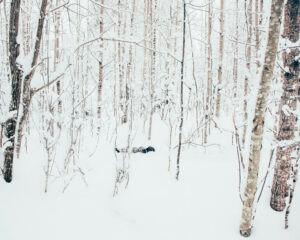
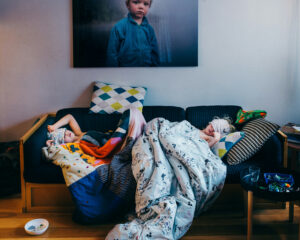
Were some of the photographs thought out beforehand? Or staged?
No, none of the pictures have been thought of beforehand or staged. Pictures are as they happened. Although if it’s a portrait, it’s obviously something that I have asked my boys to pose or be as they are/were. Or tell them not to wash their muddy faces before daddy has taken the picture. And sometimes something might have happened a minute ago and I ask them to do it again. Such as jumping into the water etc. Life with kids just happens so fast and unexpectedly that I try to react to it. I just try to react to those moments that resonate with the story. Of course as a father of these two, I start to see where things might evolve, so I can be “prepared” with my camera.
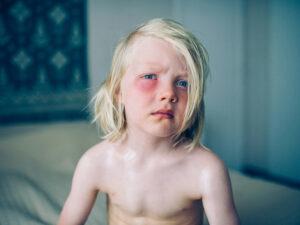
Does this series have a therapeutic aspect for you and your family history, especially with your father, whom you talk about in the accompanying text? More globally, does photography also represent for you a way to heal flaws, to fill them?
Therapeutic maybe a little too strong an expression but naturally I sometimes compare the relationship between me and my kids to my own relationship to my father, or the lack of it. But I don’t live in the past, so I’m not trying to heal my own relationship with my father through this project.
Question: Does photography also represent for you a way to heal flaws, to fill them? Answer: no. Time itself does that. I don’t need photography for that and a camera is not an instrument for that to me.

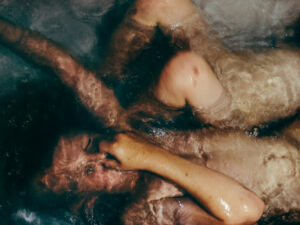
Have your children ever looked at the photographs you have taken of them? How do they see themselves through them? Do they understand your approach?
They are very aware of the work and they have seen most of the pictures. But they’re not really that interested in it. They have much more important things in their mind, such as football and hanging out with their friends. But as I wrote earlier, they are getting more aware of themselves and are more curious about how they appear in the pictures. Whenever I post anything on social media that includes them, I ask their permission. But I hope that one day they will appreciate the project. At least a little bit. And I hope they will be proud.
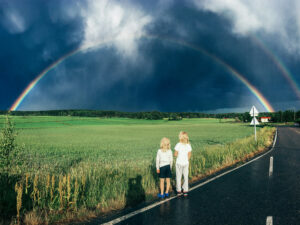
« it’s important and necessary especially as a documentary photographer to try to leave a mark, to capture a moment, to embrace and define a period of time. »
Do you know if you are doing this series for yourself or for them later on? Is this work still in progress? Will there be an end eventually?
It’s a bit both. Of course I want to show them how their childhood looked through my eyes, but naturally these pictures aren’t their memories, but mine. So in the end the reasons to do this are mostly for me, but as a testament of time, it’s also for my family.
Yes it is still in progress, and an end I honestly don’t have an answer to that. I’m thinking of making some sort of mid-way evaluation. I’m working on it.
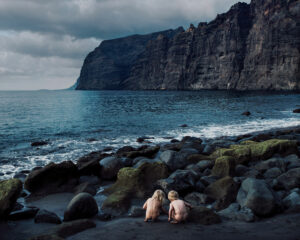
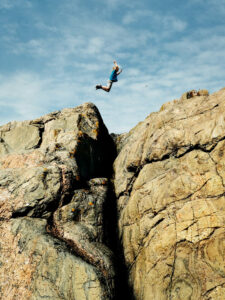
Have you found in photography a remedy to save your memory? Or to inscribe in the world your history?
Yes I believe so. It is a very powerful way to create memories. And I believe it’s important and necessary especially as a documentary photographer to try to leave a mark, to capture a moment, to embrace and define a period of time.

Do you have any ongoing projects?
I’m working on a project which happens in Russia, but so far I haven’t been able to travel there, because of the Covid.

Your top 5 photo books ?
I don’t know if I consider these the best photo books ever, but these five came first to my mind and have been a great inspiration, especially when I’ve felt lost in my own work.
Lars Tunbjörk: Vinter
Alec Soth: Niagara
Jouko Lehtola: Finlandia
Larry Sultan: Pictures From Home
Anders Petersen: Cafe Lehmitz
Interview by Valentine Zeler
Photographer’s links: Website – Instagram
Juuso Westerlund is a member of the Scandinavian Moment Agency Collective. He is represented by the Institute Artist.

